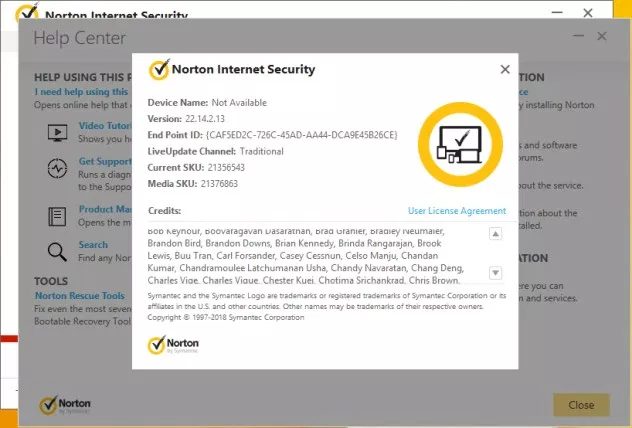


(2) When the court is exercising any powers of case management, it must have regard to the fact that at least one party is unrepresented. (1) This rule applies in any proceedings where at least one party is unrepresented.

The parties must respond promptly to any such enquiries from the court.īack to top Case management – unrepresented parties (8) The court may contact the parties from time to time in order to monitor compliance with directions. (7) A power of the court under these Rules to make an order includes a power to vary or revoke the order. (6A) Where a party pays money into court following an order under paragraph (3) or (5), the money shall be security for any sum payable by that party to any other party in the proceedings. (b) the costs which the parties have incurred or which they may incur. (6) When exercising its power under paragraph (5) the court must have regard to – (5) The court may order a party to pay a sum of money into court if that party has, without good reason, failed to comply with a rule, practice direction or a relevant pre-action protocol. (4) Where the court gives directions it will take into account whether or not a party has complied with the Practice Direction (Pre-Action Conduct) and any relevant pre-action protocol (GL). (3A) Where the court has made a direction in accordance with paragraph (2)(bb) the proceedings shall be heard by a Divisional Court of the High Court and not by a single judge. (b) specify the consequence of failure to comply with the order or a condition. (a) make it subject to conditions, including a condition to pay a sum of money into court and (3) When the court makes an order, it may – (m) take any other step or make any other order for the purpose of managing the case and furthering the overriding objective, including hearing an Early Neutral Evaluation with the aim of helping the parties settle the case. (ll) order any party to file and exchange a costs budget (l) dismiss or give judgment on a claim after a decision on a preliminary issue (j) decide the order in which issues are to be tried (i) direct a separate trial of any issue (h) try two or more claims on the same occasion (f) stay (GL) the whole or part of any proceedings or judgment either generally or until a specified date or event (e) direct that part of any proceedings (such as a counterclaim) be dealt with as separate proceedings (d) hold a hearing and receive evidence by telephone or by using any other method of direct oral communication (c) require a party or a party’s legal representative to attend the court (bb) require that any proceedings in the High Court be heard by a Divisional Court of the High Court (a) extend or shorten the time for compliance with any rule, practice direction or court order (even if an application for extension is made after the time for compliance has expired) (2) Except where these Rules provide otherwise, the court may – (1) The list of powers in this rule is in addition to any powers given to the court by any other rule or practice direction or by any other enactment or any powers it may otherwise have. I CASE MANAGEMENT The court’s general powers of management Revision and variation of costs budgets on account of significant developments (“variation costs”)Ĭourt to have regard to budgets and to take account of costsĪssessing costs on the standard basis where a costs management order has been madeĪpplication to vary a costs capping order Power of the court to make civil restraint ordersĪpplication of this Section and the purpose of costs managementįiling and exchanging budgets and budget discussion reports General power of the court to rectify matters where there has been an error of procedure Sanctions have effect unless defaulting party obtains relief Sanctions for non-payment of the trial fee by the defendant, where proceedings continue on the counterclaim alone Sanctions for non-payment of certain fees by the defendant Sanctions for non-payment of the trial fee by the claimant Sanctions for non-payment of certain fees by the claimant Setting aside judgment entered after striking out Judgment without trial after striking out a claim in the County Court Money Claims Centre Court officer’s power to refer to a judgeĬourt’s power to make order of its own initiative


 0 kommentar(er)
0 kommentar(er)
